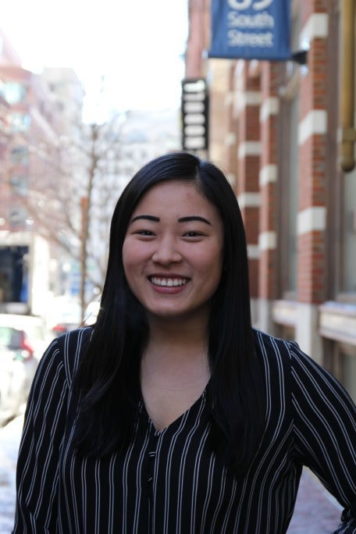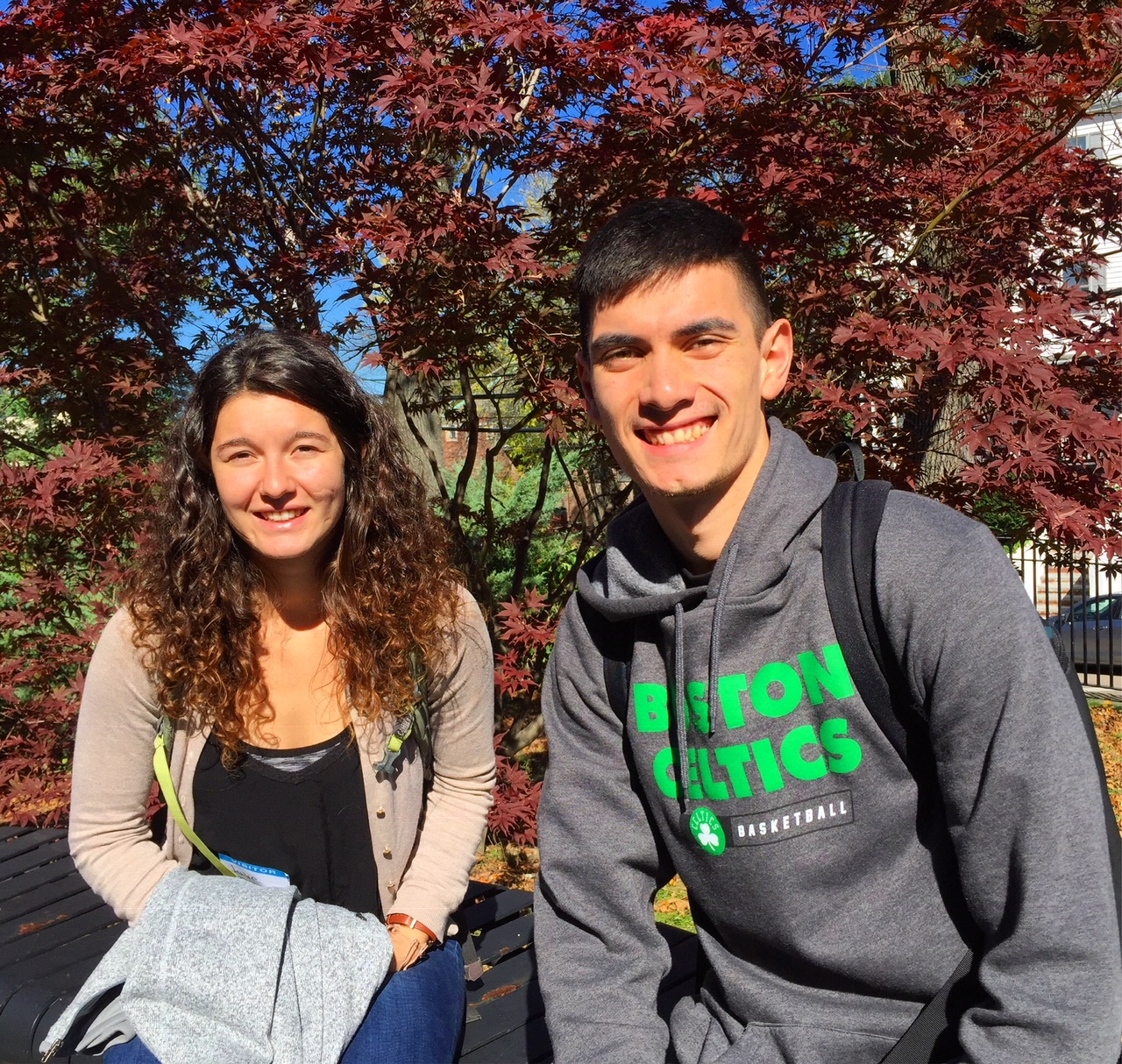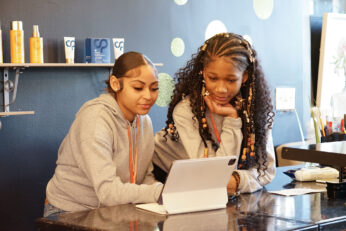As AL expands to more schools and serves more students, interns play a crucial role in supporting program operations with teaching, administrative tasks and special projects. Apprentice Learning has been generously supported by volunteers from Boston University, Northeastern University and the College for Social Innovation, a semester-long internships for college students. Rebekah has joined us for 30 hours a week and is receiving college credit for her experience.
Hello! I am a second semester sophomore studying Psychology and Hospitality at the University of New Hampshire. This semester, I am excited to be working at Apprentice Learning as a Program Intern. I am living in Boston and interning at AL by way of a program called Semester in the City at the College for Social Innovation (CfSI).
For the next few months, I’ll be completing coursework for CfSI, supplemented by my field experience at Apprentice Learning. This semester, I look forward to exploring the city, making new connections, and getting to know the students.
I am very excited that CfSI matched me with Apprentice Learning because I’m passionate about work that focuses on community development and was hoping to engage with Boston’s youth during my time here. I grew up in Connecticut in a family where civic and community engagement felt as innate as breathing.
Although my time at Apprentice Learning has just begun, I’m already very inspired by the work the organization is doing. Giving Boston’s students the tools they need in order to succeed in the workforce as well as inspiring a sense of purpose is something I find very important. I am thrilled to be contributing to Apprentice Learning’s work in Boston Public Schools this semester! —Rebekah Lyon
College for Social Innovation
Semester in the City is a program that gives college students the opportunity to spend a semester doing hands-on learning through well-supported internships in the social sector.



